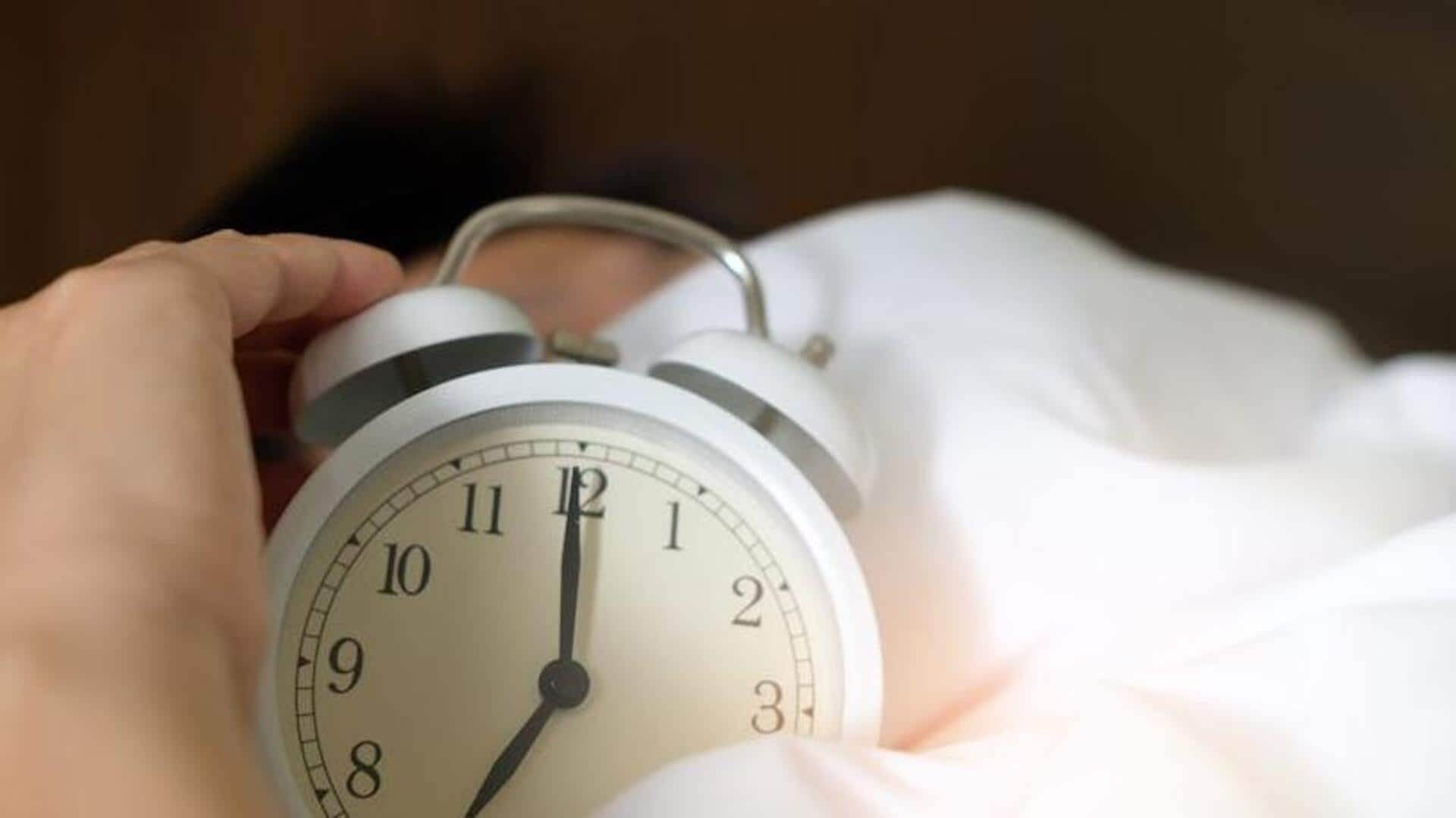
Understanding dysania disorder: Causes, symptoms, and treatment options
What's the story
Are you someone who is constantly struggling to get out of bed every morning? Then you may be having dysania, a lesser-known sleeping disorder. Also known as clinomania, dysania is characterized by an overwhelming reluctance to get out of bed, even when a person has had sufficient sleep. Let's delve deeper into comprehending this intriguing disorder.
What is it?
Understanding the disorder in detail
Many people experience difficulty getting out of bed occasionally. Dysania takes this struggle to an extreme level, causing individuals to face immense challenges when it comes to rising from bed. Individuals with dysania find themselves trapped in a seemingly insurmountable battle against the act of waking up. Although this disorder is not a recognized medical diagnosis, it can be linked to serious medical issues.
Symptoms
Symptoms of dysania
People with dysania find it extremely difficult to motivate themselves to get out of bed, which frequently results in extended periods of inactivity. Daily activities can be severely disrupted by dysania, which may have an impact on duties, employment obligations, and social interactions. Having a difficult time getting out of bed each morning might cause mood changes, anger, and a sense of helplessness.
Causes
What causes this disorder?
The precise origins of dysania continue to be a focus of ongoing research. However, dysania could be connected to several different health conditions such as depression, anxiety disorders, and chronic stress. Additionally, people with pre-existing sleep disorders, such as insomnia or sleep apnea, or those with heart problems or thyroid issues may be prone to experiencing dysania as well.
Treatment
How to treat dysania?
Exercise can make us tired and worn out, but it gives us more energy the next day. If you haven't been exercising regularly, start slowly. If you are suffering from dysania brought on by emotional or mental anguish, your friends and family may be of help. Remember, dysania might be a symptom of an underlying health condition. Seek medical help if your symptoms worsen.